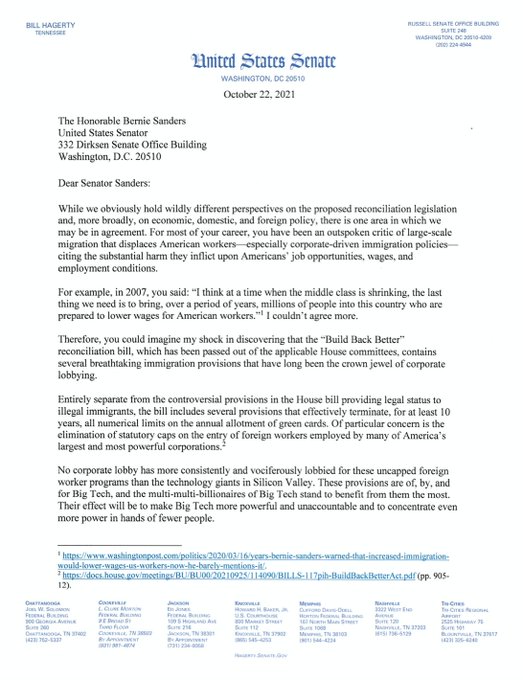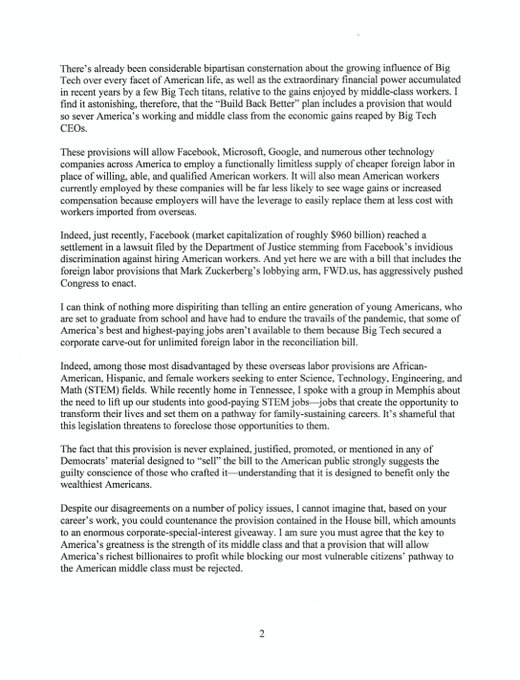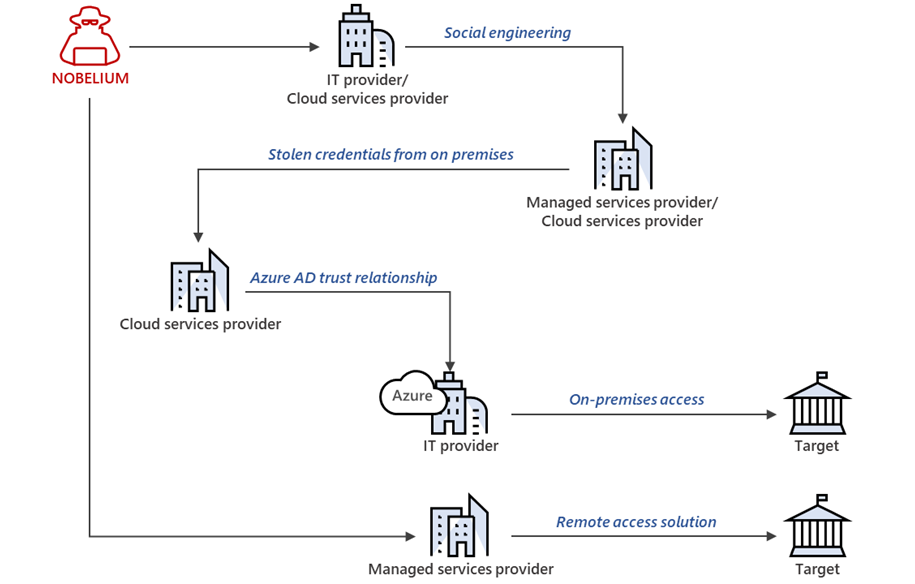NEW YORK (AP) — On a field ringed by rolling green hills in Iceland, fans attached to metal structures that look like an industrial-sized Lego project are spinning. Their mission is to scrub the atmosphere by sucking carbon dioxide from the air and storing it safely underground.
Just a few years ago, this technology, known as “direct air capture,” was seen by many as an unrealistic fantasy. But the technology has evolved to where people consider it a serious tool in fighting climate change.

The Iceland plant, called Orca, is the largest such facility in the world, capturing about 4,000 metric tons of carbon dioxide per year. But compared to what the planet needs, the amount is tiny. Experts say 10 billion tons of carbon dioxide must be removed annually by mid-century.
“Effectively, in 30 years’ time, we need a worldwide enterprise that is twice as big as the oil and gas industry, and that works in reverse,” said Julio Friedmann, senior research scholar at the Center on Global Energy Policy at Columbia University.
RELATED READING: THE BENEFITS OF CARBON DIOXIDE
Leading scientific agencies including the United Nations Intergovernmental Panel on Climate Change say that even if the world manages to stop producing harmful emissions, that still won’t be enough to avert a climate catastrophe. They say we need to suck massive amounts of carbon dioxide out of the air and put it back underground — yielding what some call “negative emissions.”
“We have already failed on climate to the extent to which direct air capture is one of the many things we must do,” Friedmann said. “We have already emitted so many greenhouse gases at such an incredible volume and rate that CO2 removal at enormous scales is required, as well as reduction of emissions.”
As dire warnings have accelerated, technology to vacuum carbon dioxide from the air has advanced. Currently, a handful of companies operate such plants on a commercial scale, including Climeworks, which built the Orca plant in Iceland, and Carbon Engineering, which built a different type of direct air capture plant in British Columbia. And now that the technology has been proven, both companies have ambitions for major expansion. source
source
DIRECT AIR CAPTURE AT WORK
At Climeworks’ Orca plant near Reykjavik, fans suck air into big, black collection boxes where the carbon dioxide accumulates on a filter. Then it’s heated with geothermal energy and is combined with water and pumped deep underground into basalt rock formations. Within a few years, Climeworks says, the carbon dioxide turns into stone.
It takes energy to build and run Climeworks’ plants. Throughout the life cycle of the Orca plant, including construction, 10 tons of carbon dioxide are emitted for every 100 tons of carbon dioxide removed from the air. Carbon Engineering’s plants can run on renewable energy or natural gas, and when natural gas is used, the carbon dioxide generated during combustion is captured.
Carbon dioxide can also be injected into geological reservoirs such as depleted oil and gas fields. Carbon Engineering is taking that approach in partnership with Occidental Petroleum to build what’s expected to be the world’s largest direct air capture facility in the Southwest’s Permian Basin — the most productive U.S. oil field.
Direct air capture plants globally are removing about 9,000 tons of carbon dioxide from the air annually, according to the International Energy Agency.
Climeworks built its first direct air capture plant in 2017 in Hinwil, Switzerland, which captured 900 metric tons of carbon dioxide annually that was sold to companies for use in fizzy beverages and fertilizer. The company built another plant, called Artic Fox, in Iceland that same year; it captured up to 50 metric tons of carbon dioxide annually that was injected underground.
“Today we are on a level that we can say it’s on an industrial scale, but it’s not on a level where we need to be to make a difference in stopping climate change,” said Daniel Egger, chief commercial officer at Climeworks.
BIG PLANS, CHALLENGES
Their plans call for scaling up to remove several million metric tons of carbon dioxide annually by 2030. And Eggers said that would mean increasing capacity by a factor of 10 almost every three years.
It’s a lofty, and expensive, goal.
Estimates vary, but it currently costs about $500 to $600 per ton to remove carbon dioxide using direct air capture, said Colin McCormick, chief innovation officer at Carbon Direct, which invests in carbon removal projects and advises businesses on buying such services.
As with any new technology, costs can decrease over time. Within the next decade, experts say, the cost of direct air capture could fall to about $200 per ton or lower.
For years, companies bought carbon offsets by doing things like investing in reforestation projects. But recent studies have shown many offsets don’t deliver the promised environmental benefits. So McCormick said companies are looking for more verifiable carbon removal services and are investing in direct air capture, considered the “gold standard.”
“This is really exploding. We really didn’t see hardly any of this until a couple of years ago,” he said, referring to companies investing in the technology. “Two years ago Microsoft, Stripe and Shopify were really the leaders on this who first went out and said, ‘We want to procure carbon dioxide removal from the atmosphere.’”
Companies are setting targets of net zero carbon emissions for their operations but can only reduce emissions so far. That’s where purchasing carbon removal services such as direct air capture comes in.
Individuals can buy atmosphere-scrubbing services too: Climeworks offers subscriptions starting at $8 a month to people who want to offset emissions.
In the U.S., direct air capture facilities can get a tax credit of $50 a ton, but there are efforts in Congress to increase that to up to $180 a ton, which if passed, could stimulate development.
The Department of Energy announced Friday a goal to reduce the cost of carbon removal and storage to $100 per metric ton, saying it would collaborate with communities, industry and academia to spur technological innovation.
Oil companies such as Occidental and Exxon have been practicing a different form of carbon capture for decades. For the most part, they are taking carbon dioxide emissions from production facilities and injecting it underground to shake loose more oil and gas from between rocks.
Some question the environmental benefits of using captured CO2 to produce more fossil fuels that are eventually burned, producing greenhouse gases. But Occidental says part of the goal is to make products such as aviation fuel with a smaller carbon footprint — since while producing the fuel, they’re also removing carbon dioxide from the air and storing it underground.
Capturing carbon dioxide from oil and gas operations or industrial facilities such as steel plants or coal-burning power plants is technically easier and less costly than drawing it from the air, because plant emissions have much more highly concentrated CO2.
Still, most companies are not capturing carbon dioxide that leaves their facilities.
Worldwide, industrial facilities capturing carbon dioxide from their operations had a combined capacity to capture 40 million tons annually, triple the amount in 2010, according to the International Energy Agency.
But that’s less than 1% of the total emissions that could be captured from industrial facilities globally, said Sean McCoy, assistant professor in the department of chemical and petroleum engineering at the University of Calgary.
If governments created policies to penalize carbon dioxide emissions, that would drive more carbon removal projects and push companies to switch to lower-carbon fuels, McCoy said.
“Direct air capture is something you get people to pay for because they want it,” he said. “Nobody who operates a power plant wants (carbon capture and storage). You’re going to have to hit them with sticks.”
___
Associated Press reporter Jamey Keaten contributed from Geneva.
 She authored this item in Social Europe, it is terrifying.
She authored this item in Social Europe, it is terrifying.






